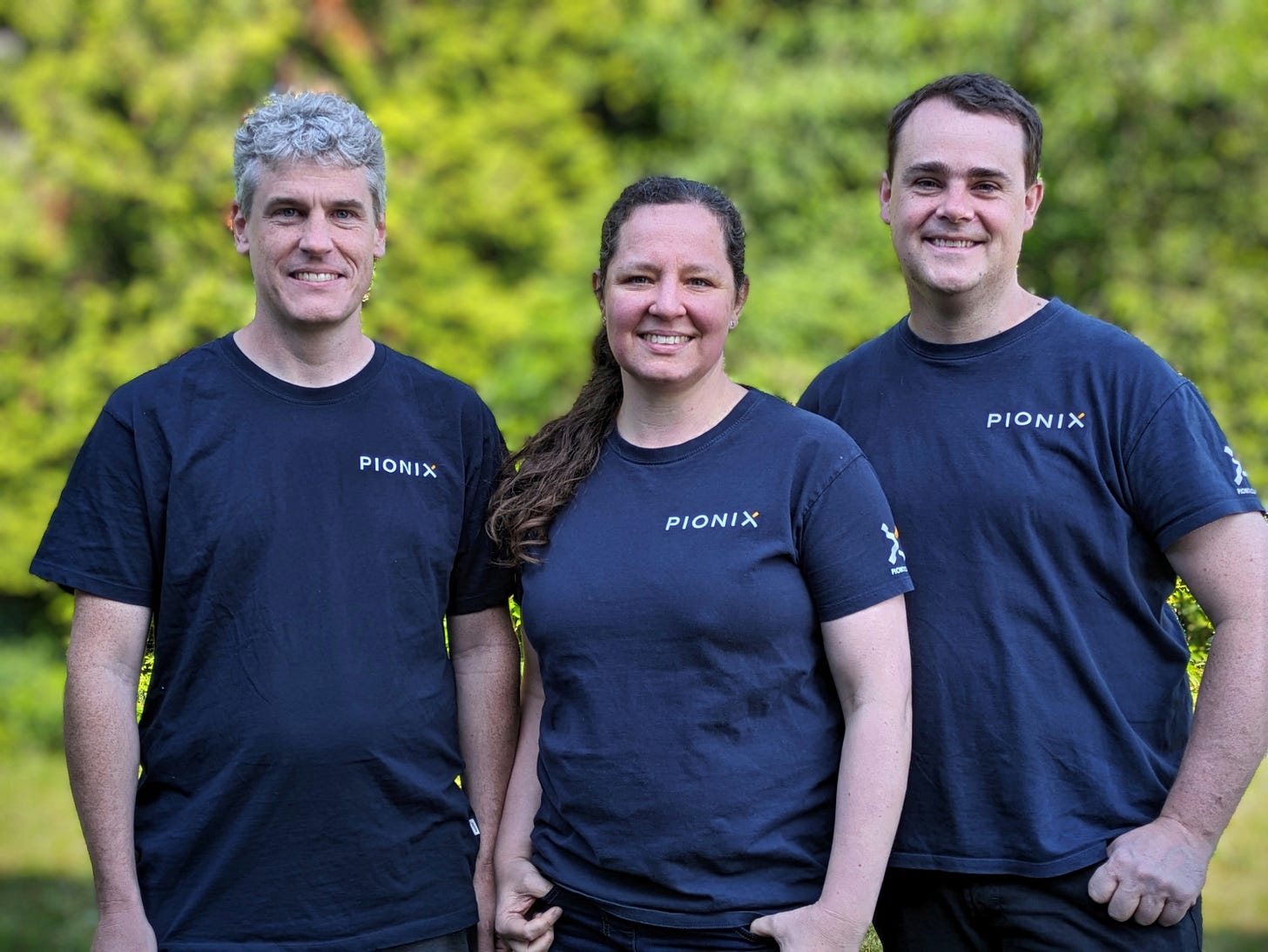What’s next for the EV industry: An open-source operating system
Learn how taking an open-source approach can remove inefficiencies and accelerate the decarbonization of the transportation industry.
We are moving towards the electrification of the transportation system, from commuting in electric buses to driving electric vehicles (EV). This is a massive shift in the way we interact with the power grid and conduct urban planning. For instance, EV charging stations will generate significant energy demand and become a big part of cities' infrastructure.
But this transition won’t happen without the support of technology. When it comes to powering electric vehicles – whether it’s a car, a scooter or a bike – each has its own complex operating system with a specific charging protocol. Currently, there is a large number of different EV charging communication protocols. This diversity brings enormous challenges as every EV brand and every charger brand interprets and implements the standards differently. This leads to incompatibility – in short: an interoperability nightmare.
Credit: Unsplash
We need a common charging system to avoid having several different protocols—or worse, with vehicles that do not work if the company shuts down. Take the example of e-bike brand VanMoof. The Dutch company went bankrupt in summer 2023, leaving all its vehicle owners stranded. They suddenly couldn’t get their e-bikes serviced and had an empty warranty. By no means a one-off. Let’s avoid a future with a spiral of stranded assets due to insolvencies!
Today, 80% of people who consider buying an EV think that the current availability of charging stations is insufficient, according to a McKinsey survey. The accessibility of EVs is only one element fueling the slowdown of EV car sales. Between 10 - 25% of public charging sessions fail mostly due to software-related issues such as technical inadequacy between the EV and the charging station’s protocols.
To contribute to the transition towards a low-carbon economy and meet the EU’s 2035 deadline for banning combustion engines, we need to give vehicle manufacturers and owners the confidence that they won't be wasting money and resources by investing in EVs.
Building open-source and collaborative ways of charging EVs
We invested in Pionix because they are building an open-source, collaborative platform where charging EVs doesn’t depend on the health of a company or the availability of charging stations. Founded by Marco Möller, Johanna Claussen, and Cornelius Claussen, Pionix is making EV charging accessible and reliable by offering standardized operating software and firmware. Pionix’s products integrate all charging-related protocols, so EV chargers can easily connect to every car, cloud management system, home energy management device into one single solution, removing the headache of charging protocols.
Pionix has also built a collaborative community of more than 50 corporate contributors, including Huawei, Texas Instruments, and NXP, and thousands of single users ready to share progress and tested solutions to EV-related issues. The company is well-positioned to become the default EV charging platform by building the "Android for EV charging,” ensuring worldwide compatibility with all EVs.
“It’s our strong belief that the future of EV charging belongs to open-source technology,” says Marco Möller, CEO of Pionix. “It’s the only way to fix this broken, disconnected industry. There are too many players and a high innovation pressure, which explains why we need one single solution to unify them all.”
The three founders are repeat entrepreneurs who bring learnings from the drone space. They built and sold previous drone startup MAVinci to INTEL in 2016. The drone sector is also driven by open-source and the collaboration of drone owners, engineering companies and academia.





